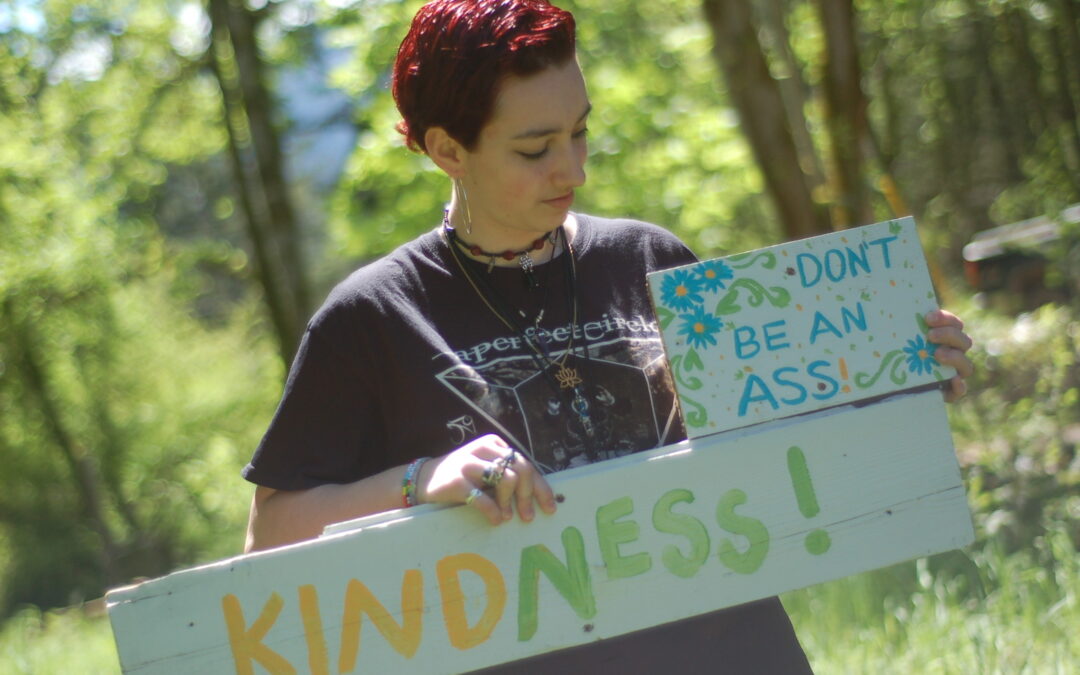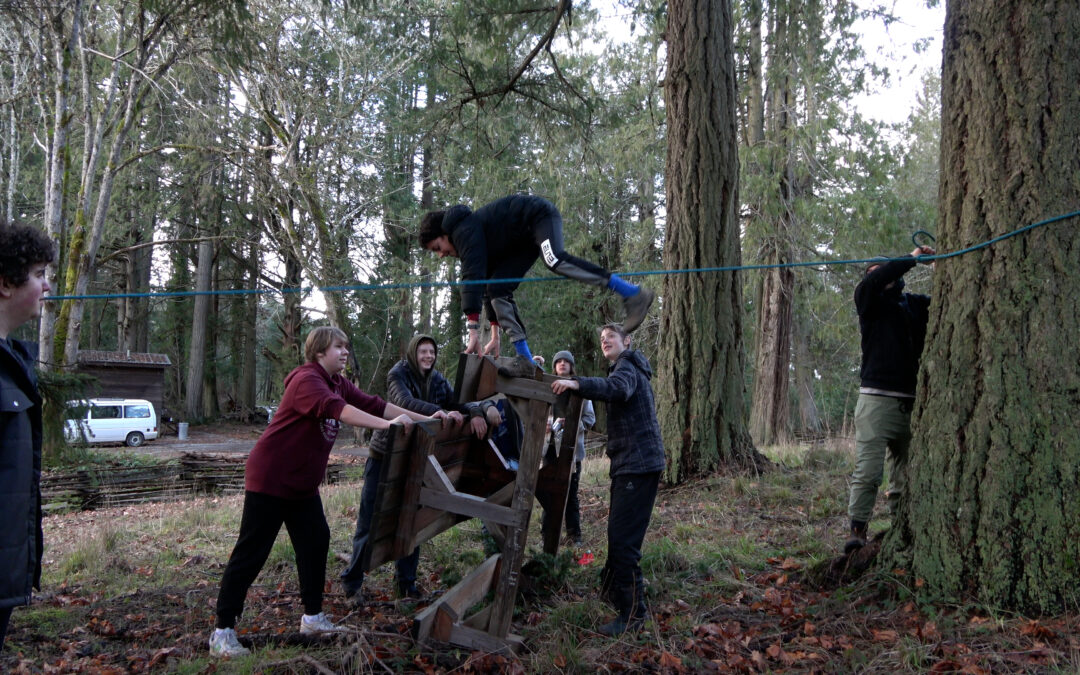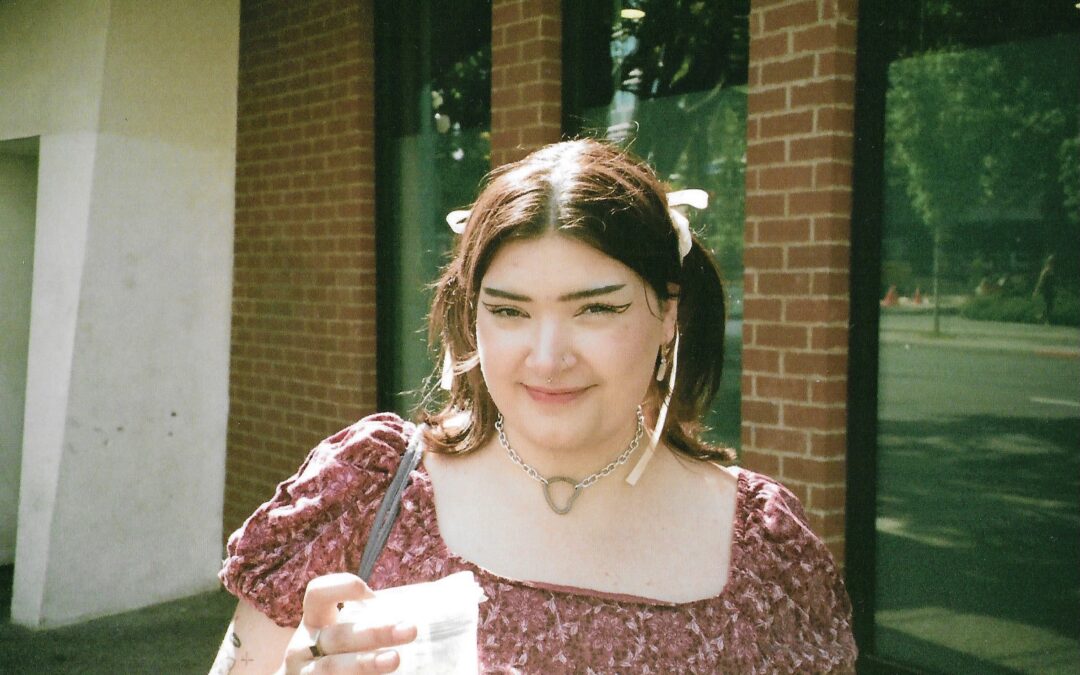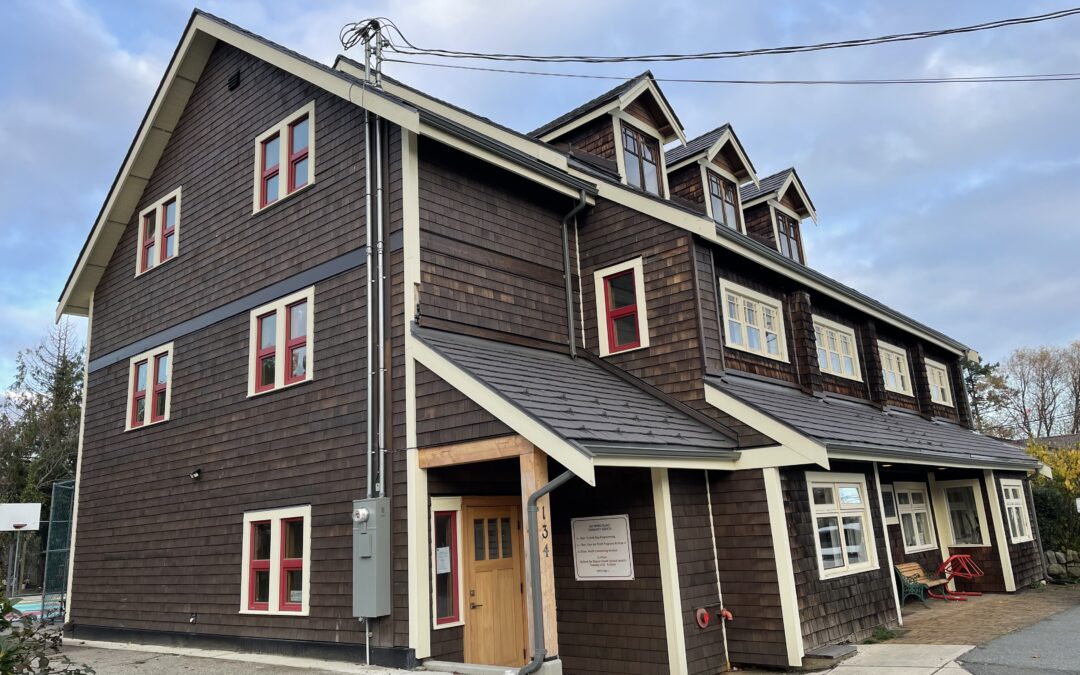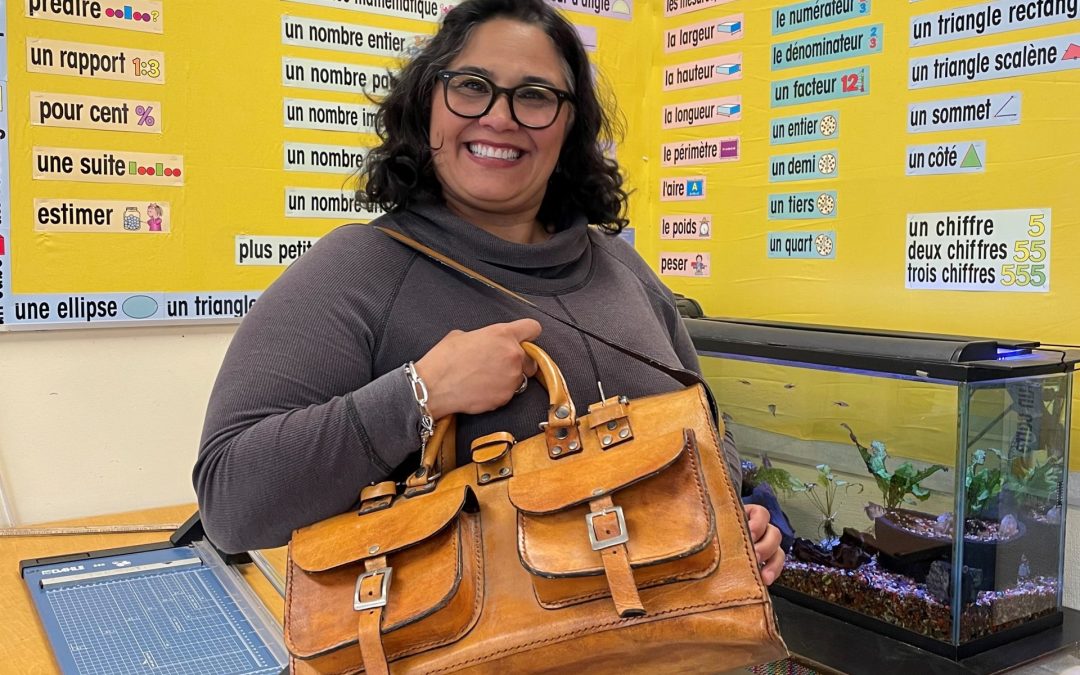One of our former Pass it On participants was sexually assaulted when she was nineteen. It was an experience that caused significant mental and physical suffering. Many things helped her find herself again after this event. However, the most powerful remedy came from engaging in an informal process of restorative justice with her assaulter. She wants to share her personal and powerful story with us, but for privacy reasons, she does so anonymously.
First, let me start by explaining in short what restorative justice is. Restorative justice is a process where those affected by a transgression come together to engage in a conversation about what happened, how it made each person feel, and how to move forward. It is less about punishment and more about listening, accountability, and healing.
This process initially began in the form of a letter. Almost 6 months after the assault, I wrote to my assaulter, describing how his actions had affected me and inviting him to enter into a dialogue with me for us both to heal. I recognized that the assault was not only his fault, but the result of a society structured by patriarchy that normalizes violence against women. It could be an opportunity for him to learn and heal from his actions too.
He responded to my letter, shocked. He didn’t understand that what he did was a sexual assault.
We agreed to speak by phone and the experience was life-changing. He listened to me with sensitivity and afterwards, apologized in tears. I heard his side of the story and gained empathy for his perspective. The exchange was real, heartfelt, and vulnerable. He showed up and humbly took accountability for his actions, a fundamental pillar of restorative justice. In that moment, over the phone, I told him that I forgave him. And it was in that same moment that I forgave myself. Through addressing my assaulter, I was transformed into an empowered survivor.
Restorative justice has many overlaps with the Pass it On Program from The Circle Education. When I was in Pass it On, I gathered once a week in a circle with other high school girls and our facilitator, Kate, to engage in open and vulnerable dialogue about our life experiences. We learned to listen deeply and to respond without judgment.
Before joining the group, I was accustomed to other school spaces where it was uncommon to be honest with others about what I was going through. But in Pass It On, I felt safe to share about the parts of myself that I felt I needed to hide.
When I addressed my assaulter, I used the skills that I gained in the program and felt safe doing so. I realize that having such a conversation might not be possible for everyone. There is a whole range of experiences, and my story only represents one of them. I am lucky to have been able to find healing out of such a difficult situation.
Photo: Priscilla Du Preez/Unsplash
———————————————————————————————————————————————————
Promoting Healthy Relationships at The Circle
Here at The Circle, all of our programs are built around the core principles of SEL (Social and Emotional Learning) to work towards safer communities.
• We offer the Empathy Project for Grade 3, 4, and 5 students to provide them with the building blocks of social-emotional learning.
• For Grades 6, 7, and 8, the Respect Project offers students the opportunity to get to know one another better and learn about the foundational role respect plays in their lives.
• The Pass It On program is an after-school, cross-peer group mentorship program with intermediate students (as buddies) and high school students (as mentors). Its goal is to foster capacity for healthy relationships and support life transitions.
Our programs have successfully offered students a wide range of benefits of social-emotional education. After attending our programming, students have expressed a greater capacity to feel empathy for others, resolve conflict, and build equal and healthy relationships. Teachers observe students using their new skills in the classroom, and they request our programs year after year.
Learn more about our programs or contact us at [email protected] to see how you can bring our programs to your classroom or organization.



